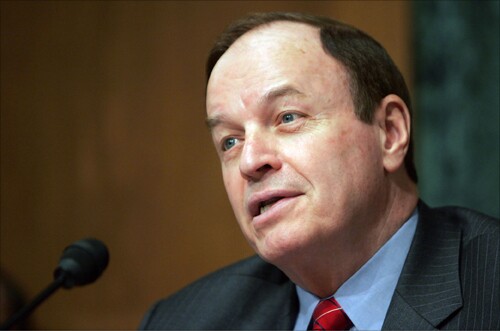
10 Policymakers to Watch in 2015

10. Jeb Hensarling

9. President Obama

8. Fed Vice Chairman Stanley Fischer

7. Jack Lew

6. Mel Watt

5. Presidential contenders

4. Sherrod Brown

3. Richard Cordray

2. Elizabeth Warren












Revolut receives a banking license, while SumUp introduces its payments hardware. That and more in the American Banker global payments and fintech roundup.
The Department of Justice has filed a motion opposing the Consumer Financial Protection Bureau employee union's appeal of an August DC Circuit ruling allowing the administration to fire up to 90% of the agency's workforce.
Some customers reportedly complained about getting locked out of their accounts after signing up for the bank's new Strata Elite credit card. "We feel like we have done the right thing for all of our good customers," Pam Habner, Citi's head of U.S. branded cards, said Tuesday.
The president of the planned Georgia Skyline Bank says he's cautiously optimistic that his group can raise $35 million of startup capital in time for an opening early next year.
The Trump administration has ordered banking agencies to root out and identify instances of politically-motivated debanking while at the same time raising pressure on banks to scrutinize or potentially sever their ties with liberal nonprofit clients. That dynamic creates a compliance puzzle with no obvious answers, experts say.
Speakers at the Most Powerful Women in Banking conference Tuesday shared several scenarios in which banks will benefit from dollar-pegged cryptocurrency.